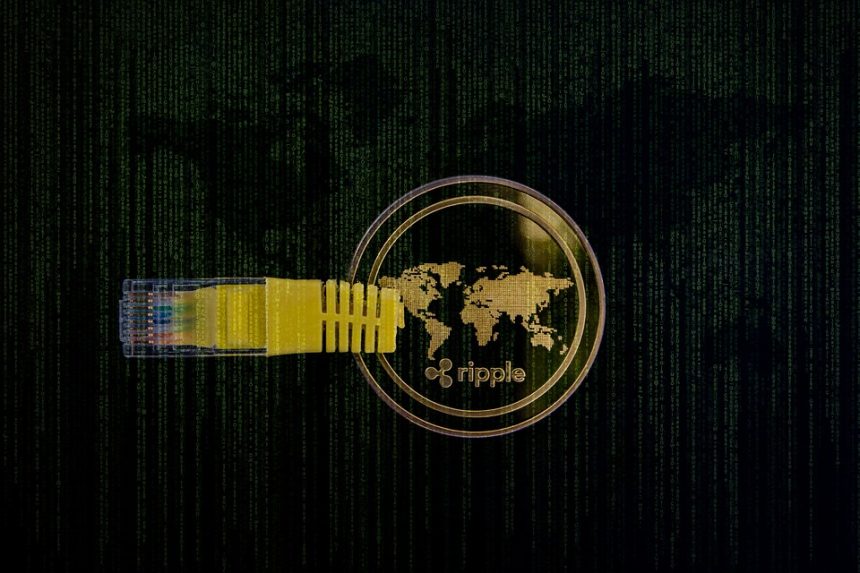In our increasingly digital world, cybersecurity has never been more crucial. As businesses and individuals alike rely on technology for daily operations, the volume and sophistication of cyber threats have escalated. Traditional security measures—while still important—are often insufficient to combat the growing tide of cybercrime. This has led to the exploration of innovative technologies, with blockchain emerging as a potential game changer in the realm of cybersecurity. How can this decentralized technology enhance security and pave the way for a more secure digital landscape?
Understanding Blockchain
At its core, blockchain is a distributed ledger technology (DLT) that enables multiple parties to access, verify, and record transactions in a secure and immutable manner. Each piece of data, referred to as a ‘block,’ is cryptographically linked to the preceding block, forming a ‘chain’ that ensures data integrity and authenticity. This structure creates a tamper-proof environment, where any unauthorized changes would invalidate the entire chain, making it highly resistant to fraud.
The Intersection of Blockchain and Cybersecurity
-
Decentralization of Data Storage: Traditional cybersecurity measures often rely on a central database or server. If these centralized systems are compromised, sensitive information can be accessed and manipulated by malicious actors. In contrast, blockchain’s decentralized nature distributes data across a network of nodes, significantly reducing the risk of a single point of failure. This makes it much harder for cybercriminals to target a single system or repository.
-
Enhanced Data Integrity: Blockchain employs cryptographic hashing, ensuring that once data is recorded, it cannot be altered without the consensus of the network. This feature enhances data integrity and provides a transparent audit trail, which can be invaluable in identifying breaches and preventing fraud. Organizations can quickly track changes, identify rogue activities, and bolster their overall security posture.
-
Improved Authentication Processes: Passwords and conventional authentication methods are easily compromised. Blockchain can provide solutions such as decentralized identity (DID), where users own and control their digital identities. This eliminates the need for centralized storage of sensitive identification information, thus reducing the potential for data breaches. Blockchain-enabled multi-factor authentication can also enhance security by requiring verification from multiple sources without exposing sensitive data.
-
Smart Contracts for Automated Security Protocols: Smart contracts are self-executing contracts with the terms of the agreement directly written into code. They can automate security procedures and protocols in real time. For example, a smart contract could automatically revoke access to a system if suspicious activity is detected, acting at lightning speed to contain potential threats.
- Supply Chain Security: Cybersecurity is not limited to data breaches; the integrity of the supply chain is increasingly at risk. Blockchain can verify the authenticity and provenance of products, enabling end-to-end tracking. This can mitigate risks such as counterfeit products infiltrating the supply chain, which has implications not just for cybersecurity, but for public safety and corporate reputations.
Challenges and Considerations
While the potential of blockchain in enhancing cybersecurity is significant, it is not without its challenges. Scalability remains a concern, as many blockchain solutions can struggle to process large amounts of data quickly. Additionally, interoperability between different blockchain systems is crucial for widespread adoption. Furthermore, organizations must navigate regulatory frameworks and compliance issues related to data protection and privacy.
Conclusion
Blockchain technology offers a transformative approach to cybersecurity, presenting solutions that address many of the weaknesses inherent in traditional security measures. By leveraging its decentralized, tamper-proof, and transparent capabilities, businesses can enhance their data protection strategies and mitigate risks associated with cyber threats.
As we continue to embrace digitalization, the adoption of blockchain in cybersecurity presents a pathway to a more resilient and secure future. However, successful implementation will require collaboration between technology developers, cybersecurity experts, and regulatory bodies to create an integrated, secure digital ecosystem that safeguards sensitive data in a rapidly evolving threat landscape. Through innovation and collaboration, blockchain can redefine the paradigms of data protection and cybersecurity as we know them.





